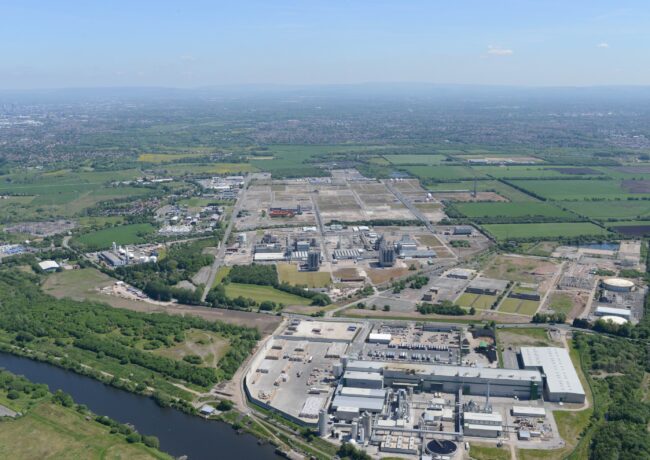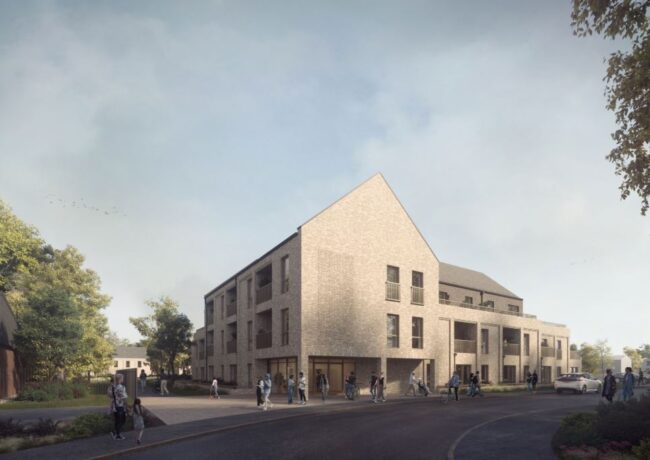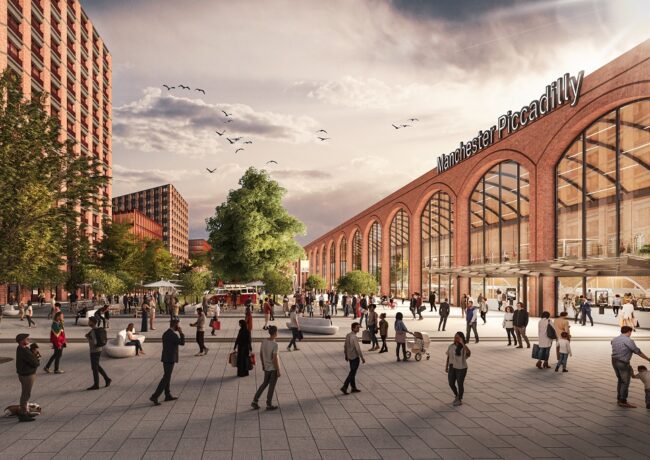Mixed-use proposals brought forward at Carrington
HIMOR Group has announced its plans for the first phase of development at Carrington, the 1,655-acre former Shell refinery in Trafford, to include 900 homes and 1m sq ft of commercial space.
HIMOR is developing a masterplan for ‘Future Carrington’, in partnership with Trafford Council.
Phase one covers an area of more than 170 acres, with residential and retail zones centred on the existing Carrington village and employment uses proposed for areas off Manchester Road and Common Lane.
HIMOR is currently preparing two planning applications for phase one, which it intends to submit to Trafford Council in spring 2016.
HIMOR, which is owned by Bill and Will Ainscough, took over the ownership and management of the Shell refinery in 2015 from Langtree, now known as Network Space, as part of a business restructure. Network Space is also owned by Bill Ainscough.
A public consultation is being held on the proposals for the site, at Carrington Business Park, Manchester Road, Carrington, on Monday 29 February, 3pm-8pm.
Paul Stanley, director at HIMOR, said: “This is a landmark project for both HIMOR and Trafford Council. We’re determined to create a legacy community that helps meet regional need for sustainable housing growth and delivers unprecedented employment opportunities.
“Our draft masterplan is the first, exciting step in delivering a vision for the Carrington estate. The site has long been seen as a unique opportunity to bring about large scale transformation within the Greater Manchester area.
“We have carried out several stages of consultation to date and the feedback we are receiving is proving invaluable in helping shape our vision.”





Trafford is currently under a air quality improvement order due to the illegally high level of toxins in the Trafford air. due mainly to car exhaust pollution. this proposal will produce further deterioration in air quality as, having read the DTZ, they propose building more roads to acomadate the additional traffic .the public transport proposals amount to nothing more than increasing the number of buses..section 6.37 on air quality does not even mention motorised pollution which is responsible for the vast majority of air contanmination.
By mark estkowski